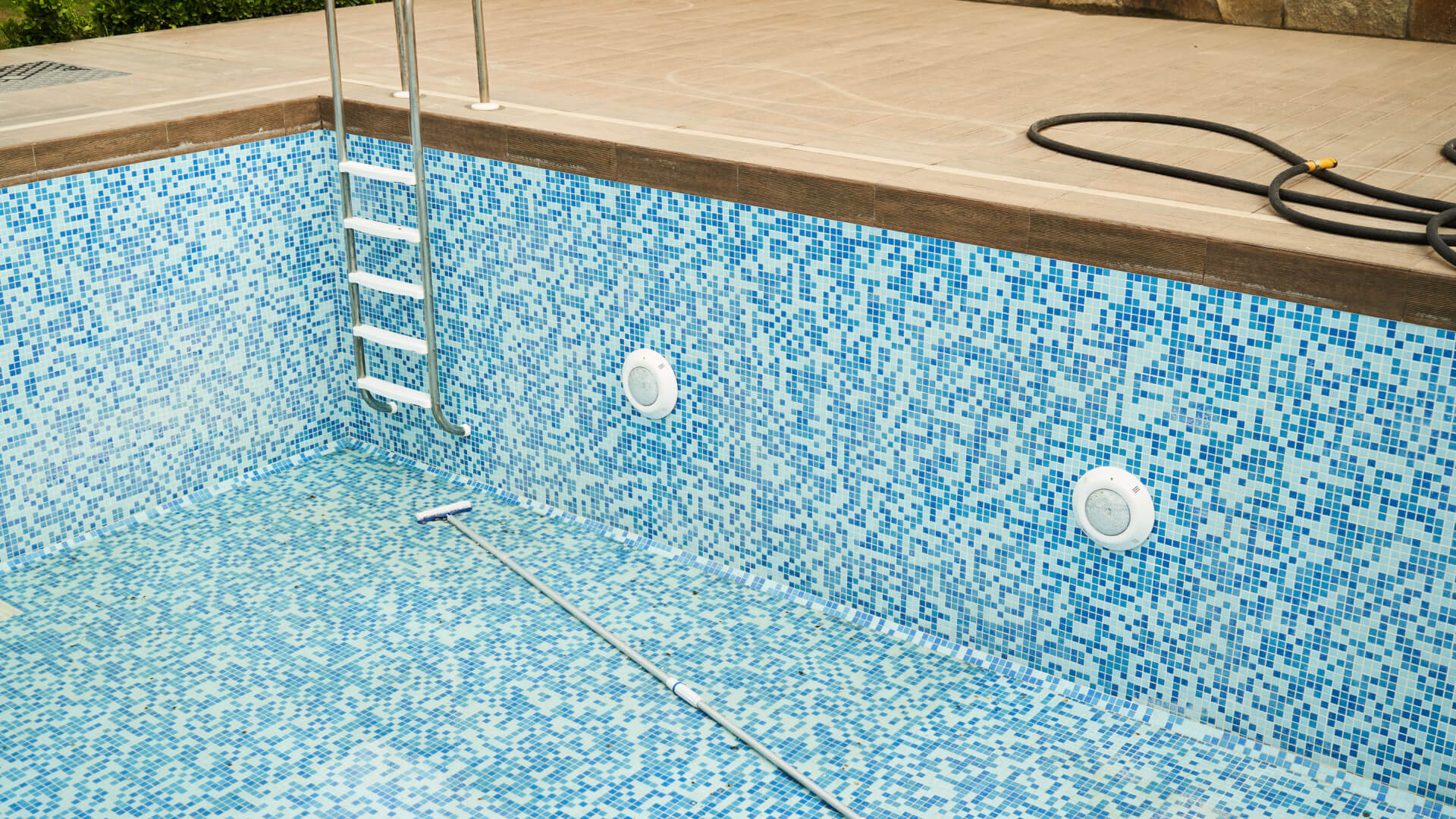How Often Should You Change Your Pool Water?

Owning a pool is a luxury that comes with responsibilities. One of the most crucial aspects of pool ownership is keeping the water clean and of high quality. Proper pool water maintenance not only ensures a pleasant swimming experience but also a safe experience.
Aqua Leisure Pools and Spas will explain how often you should change your pool water and share essential tips to help you keep your pool in top condition.
How Often Should You Change Your Pool Water?
Most pool experts recommend changing your pool water every two to three years. This timeframe is a general rule of thumb, but several factors influence how often you need to drain and refill your pool. Regularly monitoring your pool’s water quality can help you decide if it needs to be changed sooner.
Factors Influencing Water Change Frequency
The type of pool you have plays a significant role in determining how often you should change the water. For example, saltwater pools and chlorine pools have different maintenance needs. Saltwater pools tend to have lower maintenance requirements as the salt helps to keep the water cleaner for longer periods. Chlorine pools, on the other hand, may require more frequent water changes due to the buildup of chemicals over time.
Water Quality and Its Role in Pool Maintenance
Hard Water vs. Soft Water
The type of water you use to fill your pool is a crucial factor. Hard water contains a higher mineral content, which can gradually build up in your pool. This buildup can affect water quality and necessitate more frequent changes. Even with regular cleaning, pools filled with hard water generally need to be changed more often than those filled with soft water.
Understanding TDS Levels
Total Dissolved Solids (TDS) levels are a critical measure of your pool’s water quality. When water evaporates, minerals and other solids can stay behind, increasing the TDS level. Adding fresh water doesn’t solve the problem; it only temporarily dilutes the concentration.
When TDS levels exceed 1,550 parts per million (ppm), it’s a clear sign that it’s time to change your pool water. Regular TDS testing can help you keep an eye on these levels and maintain optimal water quality.
Pool Care Tips for Maintaining Water Quality
1. Regular Testing of Water Chemistry
Maintaining balanced water chemistry is essential for water quality. You can ensure that your pool remains safe to swim in by regularly testing for:
- pH
- Chlorine
- Alkalinity
- Calcium hardness
By keeping these levels in check, you can reduce how often you need to change your pool water and avoid issues like algae growth or cloudy water.
2. Proper Filtration and Cleaning Routines
An efficient filtration system is the backbone of a clean pool. Regularly cleaning and backwashing your pool filter helps to remove water impurities and prevent calcium buildup.
Additionally, skimming the surface, brushing the walls, and vacuuming the bottom are vital steps in maintaining water clarity and hygiene.
3. Chemical Treatments and Shock Treatments
Using the right chemical treatments and shock treatments can significantly improve your pool’s water quality. Shocking your pool involves adding a higher dose of chlorine or other sanitizing chemicals to eliminate contaminants. This process should be done periodically, especially after heavy usage or significant weather changes, to ensure your pool remains clean and safe.
Contact Aqua Leisure Pools and Spas for Help
Maintaining your pool water is essential for keeping your pool clean and safe to swim in. By following these guidelines and maintaining a consistent pool care routine, you can ensure that your pool remains a source of joy and relaxation for years to come.
Visit Aqua Leisure Pools and Spas, located in Wilkes-Barre, Dickson City, and Tannersville, to see our wide selection of high-quality in-ground pools. We can help you find the perfect swimming pool for you and your family! Contact us today to learn more!
Posted by Aqua Leisure Pools & Spas in Pools

